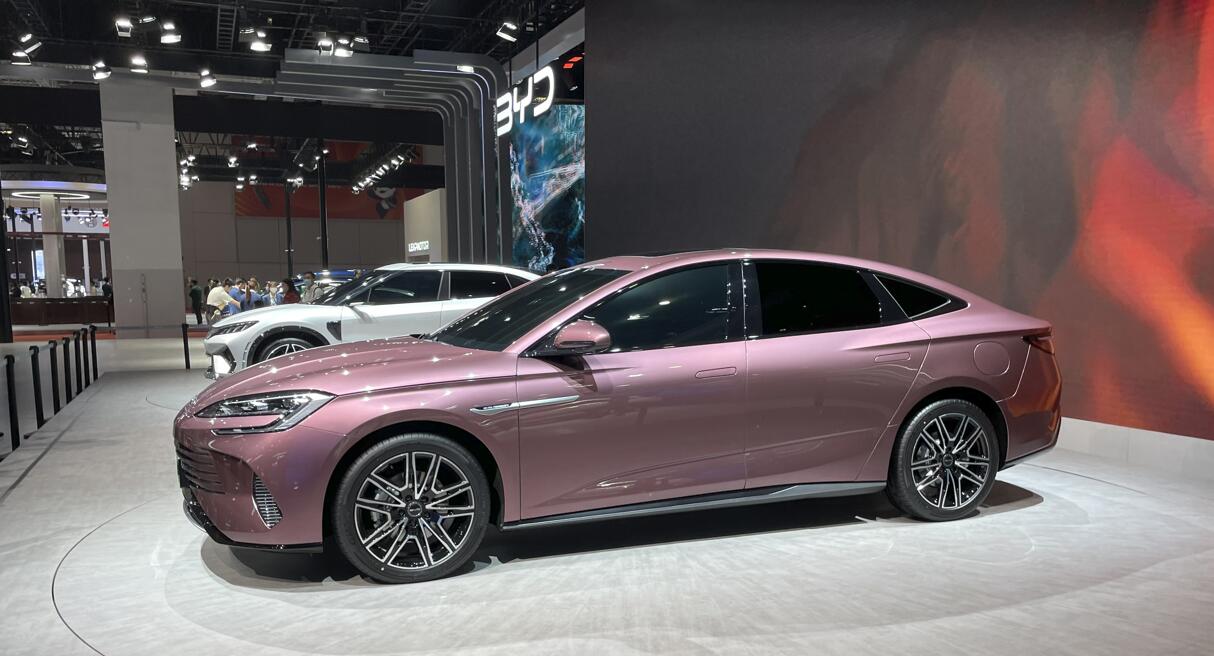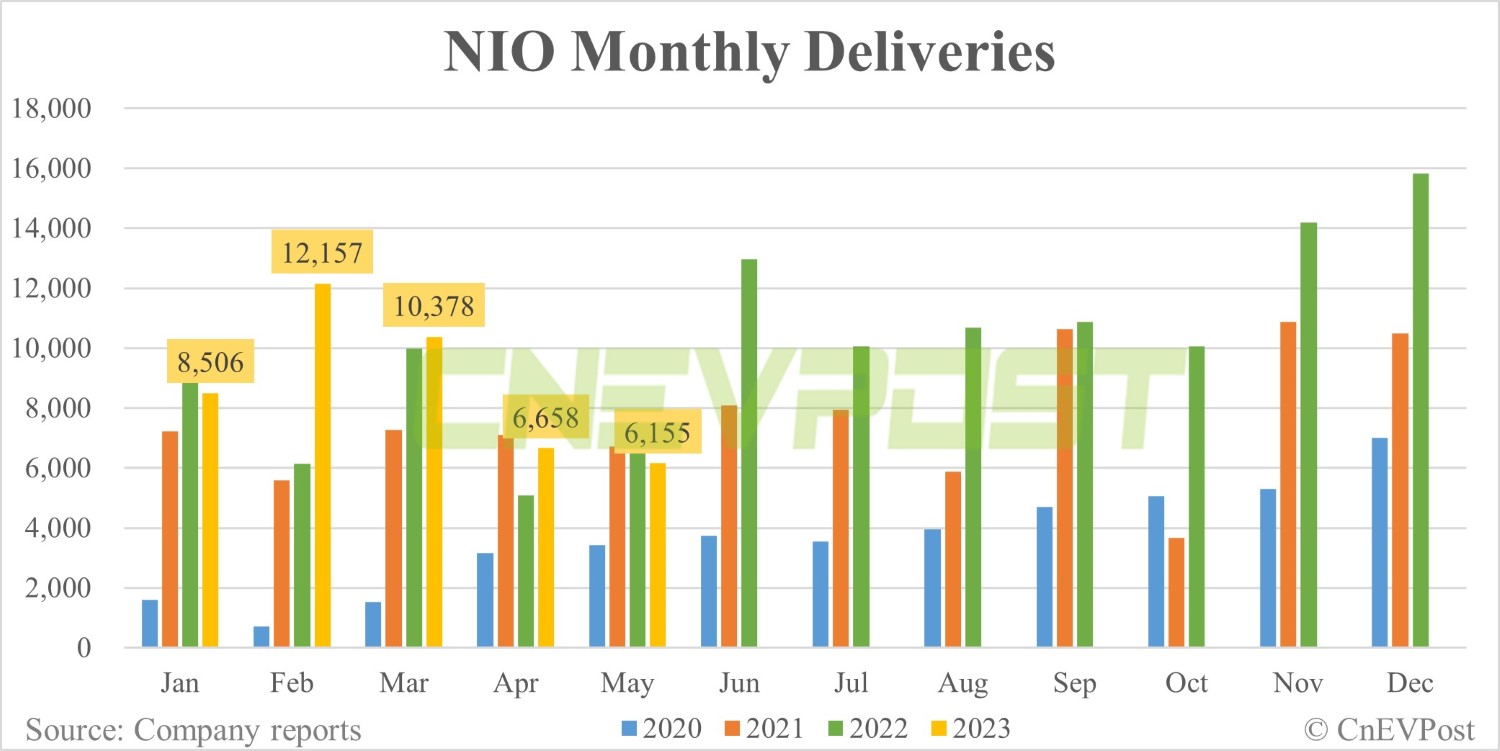Strong increases in lithium carbonate prices will not be immediately reflected in lithium battery prices, and prices of other raw materials are still falling, TrendForce said.

Prices for power battery cells continued to fall in May, even though the price of lithium carbonate, a key raw material, saw a big drop, according to a new report.
The average price of battery cells used in electric vehicles (EVs) fell about 9 percent in May from April, local research firm TrendForce said in a research note today.
The average price of square ternary cells fell 9.4 percent to RMB 0.75 ($0.1054) per Wh in China in May, while square lithium iron phosphate cells fell 9.5 percent to RMB 0.67 per Wh and soft pack ternary cells fell 9 percent to RMB 0.79 per Wh, according to the report.
The average price of battery-grade lithium carbonate in China has rebounded to RMB 254,300 per ton in May, up more than 28 percent from April, TrendForce said.
As of the end of May, battery-grade lithium carbonate was priced at RMB 305,000 per ton in China, up 57.22 percent from RMB 194,000 per ton on May 4, according to data from Mysteel monitored by CnEVPost.
Although the strong price increase in lithium carbonate is driving up the cost of cells, this will not be immediately reflected in lithium-ion battery prices in the short term, TrendForce said.
In addition, prices of other materials needed for lithium-ion batteries, such as cathode precursor materials, anode materials, diaphragms, electrolytes and PVDF, are still falling, so lithium-ion battery prices continued to be lower in May, the report said.
After a strong rebound in lithium prices in early mid-May, they have gradually stabilized in the second half of the month, TrendForce said, adding that the Chinese power battery market is still slowly recovering in May, with demand improving slightly.
Lithium prices rose rapidly on one hand because of the low willingness of suppliers to offer lower prices, and on the other hand because of increased demand from downstream battery makers to replenish their inventories in May, according to the report.
Lithium prices began a strong rebound in May, with a single-day gain of up to 10,000 yuan per ton, which is an irrational increase, TrendForce said.
Actual demand for lithium was not growing at a high rate, but was steadily recovering, TrendForce said, adding that the peak in demand is expected to come in June.
($1 = RMB 7.1190)
The post Battery cell prices in China fall 9% MoM in May, report says appeared first on CnEVPost.
For more articles, please visit CnEVPost.



















